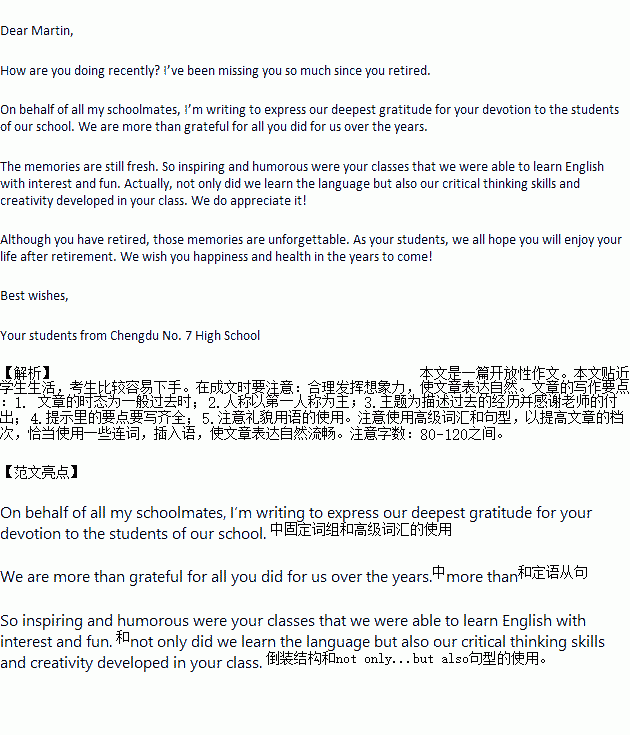I was working at the toy counter of a "dime" store in Orlando, Florida.I was 15, and the year was 1952. I had to____about my age to get a job,and I barely supported myself on the $25/week salary.But this was the South,and it was a time when things were______for everybody.
It was a few days after Christmas,and we had a lot of dolls left______on the toy counter,as well as many more dolls in a storage closet. My young voice trying to______the passing shoppers to our sale didn't seem to get anyone's____—shoppers continued to walk by,ignoring me.
Suddenly,a small girl walked by,and I handed her a doll.Her mother stopped to find out______her daughter had this doll.and I explained our______sale.The girl had stars in her eyes and nothing was going to make her______this doll.I had made my first______.
I continued,handing anyone walking by,______their age,a doll,and soon I had the two______behind the counter rushing to ring up all the sales.I was feeling very______,and confident about the success.
Then I handed a doll to a small,______dressed girl.Her eyes lit up.I explained to her mother about the wonderful sale.______, her mother took the doll away from the little girl and handed it back to me. Quickly ____
filled the little girl's eyes as her mother explained gently that there was no______to buy this doll and apologized to her.I______her that this was a really good______,but the mother just shook her head.
Just then a well-dressed,middle-aged woman said, "Wait—let me______this doll for your little girl." She took the doll from my hands and handed it______back to the little girl.
1.A. care B. talk C. lie D. argue
2.A. rough B. tight C. rare D. valuable
3.A. undone B. unpacked C. unsold D. untouched
4.A. guide B. invite C. recommend D. attract
5.A. attention B. praise C. recognition D. comment
6.A. when B. why C. what D. where
7.A. abundant B. convenient C. popular D. economic
8.A. take up B. figure out C. give up D. pick out
9.A. sale B. attempt C. decision D. step
10.A. as for B. regardless of C. owing to D. according to
11.A. receptionists B. cashiers C. waitresses D. customers
12.A. relaxed B. confused C. energetic D. proud
13.A. shabbily B. elegantly C. strangely D. neatly
14.A. Fortunately B. Accidentally C. Sadly D. Hopefully
15.A. surprise B. tears C. pity D. horrors
16.A. money B. point C. need D. reason
17.A. convinced B. showed C. taught D. reminded
18.A. bargain B. present C. choice D. opportunity
19.A. send B. prepare C. purchase D. exchange
20.A. calmly B. anxiously C. excitedly D. carefully

